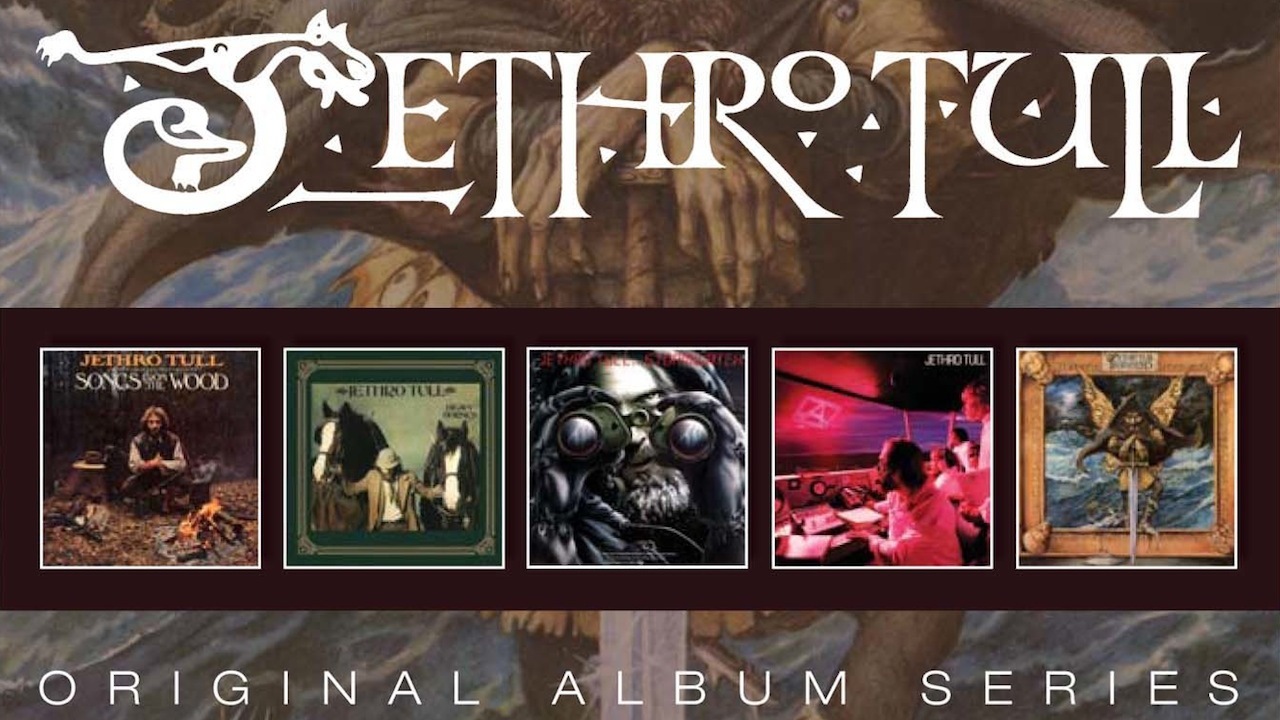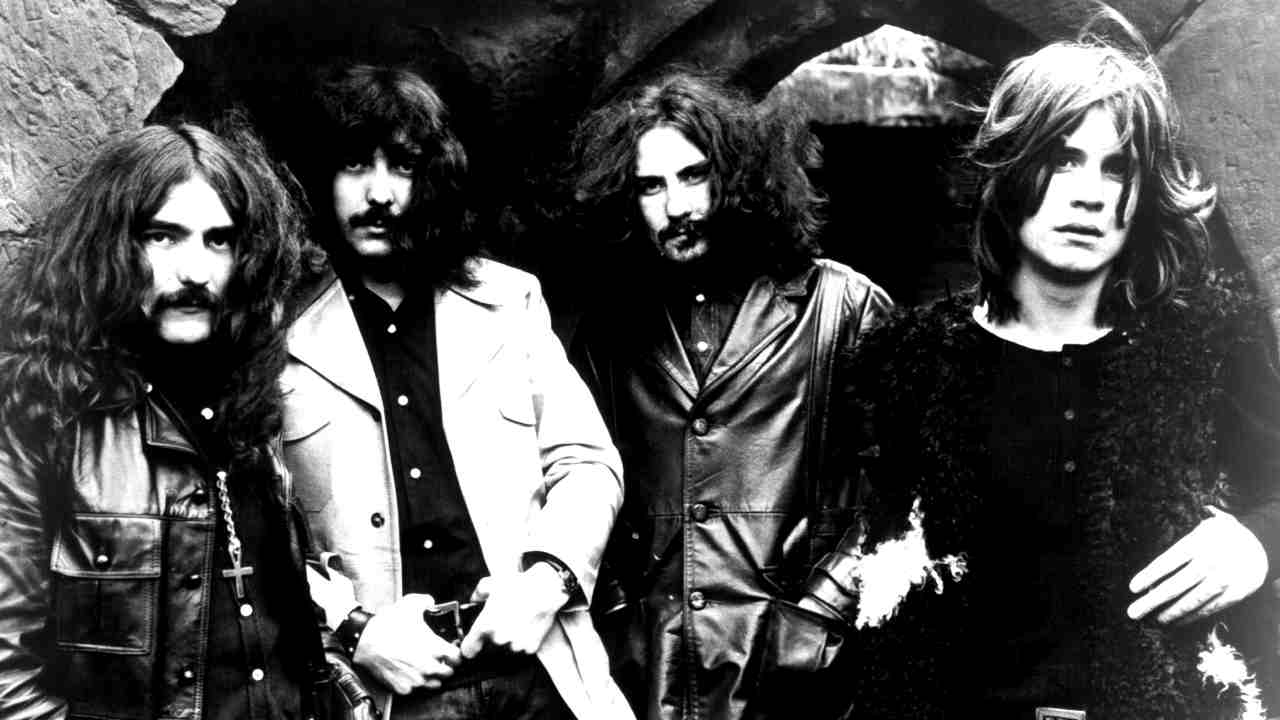You can trust Louder
Few phrases chill the blood like ‘a 1980s Jethro Tull album’. And the most chilling Jethro Tull album of all is A. Released at the dawn of that roller-coaster decade and originally envisaged as an Ian Anderson solo album before the label strong-armed him into putting the band’s name to it, it’s a schizophrenic, ill-judged mash-up of Tull’s folk-prog past and a Tomorrow’s World future ruled by creaking synthesisers.
It’s tough to pick out the worst offender on it, though Batteries Not Included is up there – the equivalent of your granddad putting on a silver-painted cardboard box and a hat made from a colander and pretending he’s a robot: irredeemable and undignified. Luckily the other four albums in this five-disc budget box are better.
Released two years after A, Broadsword And The Beast largely atones for its sins by shifting emphasis away from the circuit-board electronics and back towards guitars. It’s not perfect – the initially promising Flying Colours is kneecapped by those godawful keyboards – but Broadsword is windswept and dramatic and the deceptively balladic Slow Marching Band could be read as a big “fuck off” to former drummer Barriemore Barlow, a typically Anderson-esque sentiment.
But the crown jewels in this collection are the elemental albums released between 1977 and 1979 and retrospectively dubbed The Folk Trilogy. Partly inspired by Anderson’s move to a 16th-century farmhouse in Buckinghamshire, 1977’s remarkable Songs From The Wood dispenses with the arch concepts and musical intricacy in favour of verdant simplicity and a fascination with English folkore (it also threw up one of rock’s great Christmas songs in Ring Out, Solstice Bells).
Almost as good is the following year’s Heavy Horses – an earthy album in every sense right down to its literal and metaphorical agricultural themes, could act as an unofficial rallying cry for the Countryside Alliance. It’s just a pity that 1979’s over-cooked Stormwatch ended the trilogy on a disappointingly fussy note. Still, its two immediate predecessors remain as essential in their own way as Aqualung – and not a silver cardboard box in sight.
Sign up below to get the latest from Classic Rock, plus exclusive special offers, direct to your inbox!
Dave Everley has been writing about and occasionally humming along to music since the early 90s. During that time, he has been Deputy Editor on Kerrang! and Classic Rock, Associate Editor on Q magazine and staff writer/tea boy on Raw, not necessarily in that order. He has written for Metal Hammer, Louder, Prog, the Observer, Select, Mojo, the Evening Standard and the totally legendary Ultrakill. He is still waiting for Billy Gibbons to send him a bottle of hot sauce he was promised several years ago.


